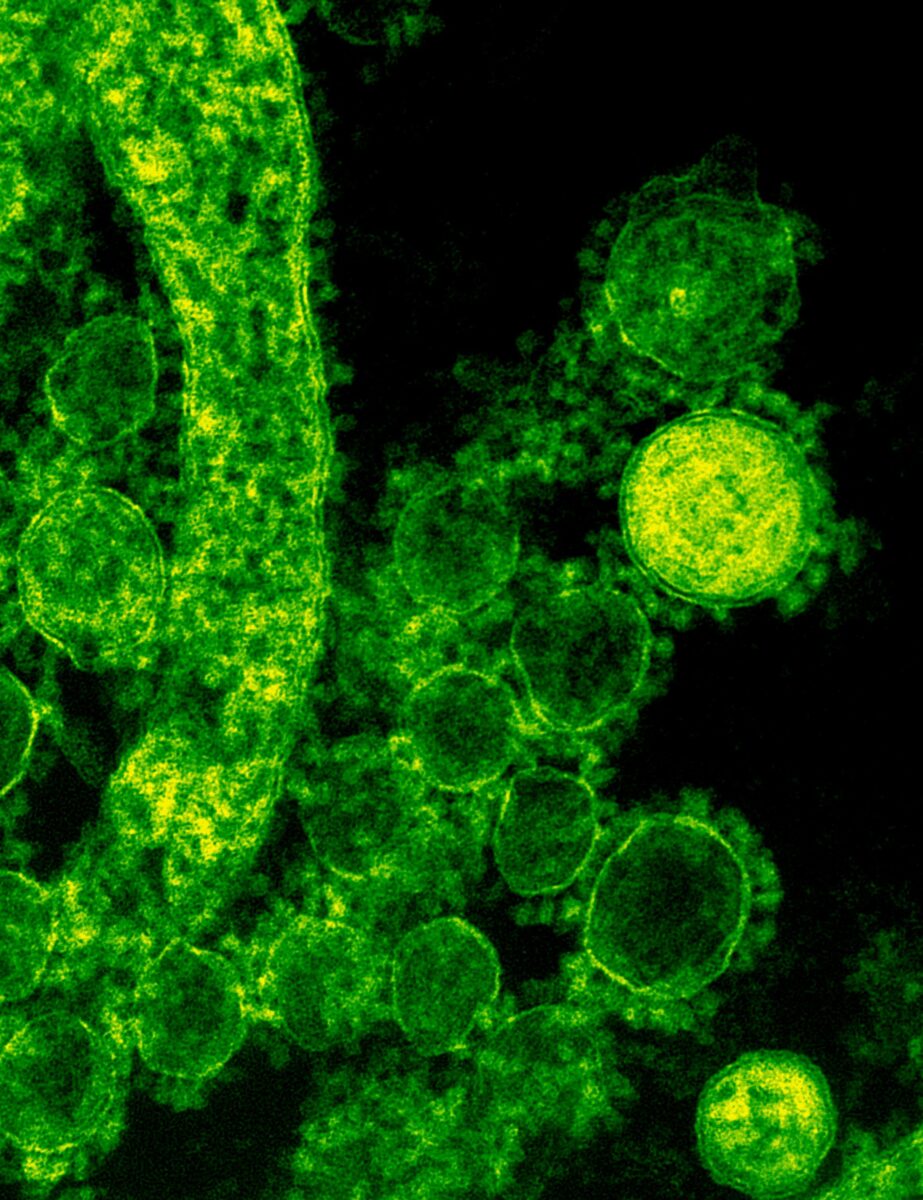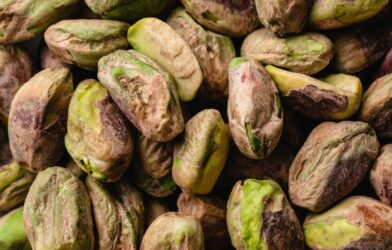That throbbing pain from a severe burn is just one part of the trauma. New research indicates that if you’ve been drinking before that injury, a hidden turmoil unfolds within your gut. Scientists at Loyola University Chicago Health Sciences Division have discovered that the combination of alcohol and burn trauma severely disrupts the delicate balance of your intestinal bacteria, potentially paving the way for serious complications. This breakdown in your gut’s microbial community and its protective barrier could explain why burn patients who were intoxicated at the time of their injury often face a tougher recovery.
How Alcohol and Burns Confuse Your Gut
Your gut, home to a vast and diverse population of microorganisms collectively known as the gut microbiome, plays a vital role in digestion, immunity, and overall health. Think of this community as a well-organized city. When a severe burn occurs, especially in someone who has been drinking, it’s like a sudden disaster hitting that city, throwing everything into disarray. This disruption, scientifically termed dysbiosis, can trigger inflammation and compromise the gut’s natural defenses.
Consider the lining of your gut as a security system, carefully controlling what passes into your bloodstream. Alcohol and burn injuries can damage this system, creating breaches that allow harmful bacteria and toxins to leak out. This leakage isn’t just a local problem; it can escalate the risk of severe infections like sepsis and, tragically, increase the chances of mortality in burn patients.
Key Changes Observed in the Gut
To pinpoint the changes occurring in the gut under these conditions, researchers conducted a study using mice. One group received alcohol followed by a burn injury, while a control group received water and a minor, simulated injury. A day later, they analyzed the gut bacteria and measured levels of short-chain fatty acids (SCFAs), which are vital for gut cell health and reducing inflammation.
The findings revealed significant and concerning shifts in the gut microbiome of the mice that experienced both alcohol and burns.
- Reduced Bacterial Variety: The diversity of bacteria, especially in the small intestine, plummeted. A diverse gut is generally considered a healthy gut.
- Rise of Unfriendly Bacteria: The population of Proteobacteria, a group containing many potentially harmful bacteria, increased.
- Drop in Beneficial Compounds: Levels of beneficial SCFAs, particularly butyrate, decreased.
Furthermore, when the researchers exposed intestinal cells to the gut contents of the injured mice, they observed increased inflammation. Interestingly, adding butyrate helped to reduce this inflammation.
Why These Gut Changes Matter
This research underscores the dangerous synergy between alcohol and burn injuries and their detrimental effects on the gut environment. As the study authors noted, individuals intoxicated at the time of a burn injury face higher rates of sepsis and death compared to those with burns alone.
The study’s insights suggest that interventions aimed at restoring SCFAs or promoting their production could be a promising strategy to protect the gut and improve outcomes for patients suffering from this combination of trauma.
The gut microbiome’s importance to overall well-being is increasingly clear. This study adds a critical piece to the puzzle, highlighting how acute trauma, especially when coupled with alcohol, can severely impact this delicate ecosystem with potentially life-threatening consequences.
Paper Summary
Methodology
Researchers divided 10–12-week-old mice into two groups: one received alcohol and a burn injury, the other water and a sham injury. The burn injury affected 12.5% of the body surface area. One day later, they collected samples from the small intestine and cecum to analyze bacteria using 16S sequencing and short-chain fatty acids (SCFAs) using HPLC-MS. Intestinal cells were also cultured to assess inflammation.
Results
Mice with alcohol and burn injury showed decreased gut bacterial diversity and increased harmful bacteria. They also had reduced levels of beneficial short-chain fatty acids (SCFAs) and increased inflammation in intestinal cells.
Limitations
This study was performed on mice, and the findings may not directly apply to humans. The study only examined short-term effects (one day post-injury).
Funding and Disclosures
The original paper contains a section detailing funding sources and author disclosures.
Publication Information
Herrnreiter CJ, Murray MG, Luck M, et al. Bacterial dysbiosis and decrease in SCFA correlate with intestinal inflammation following alcohol intoxication and burn injury. eGastroenterology 2025;3:e100145. Sources












